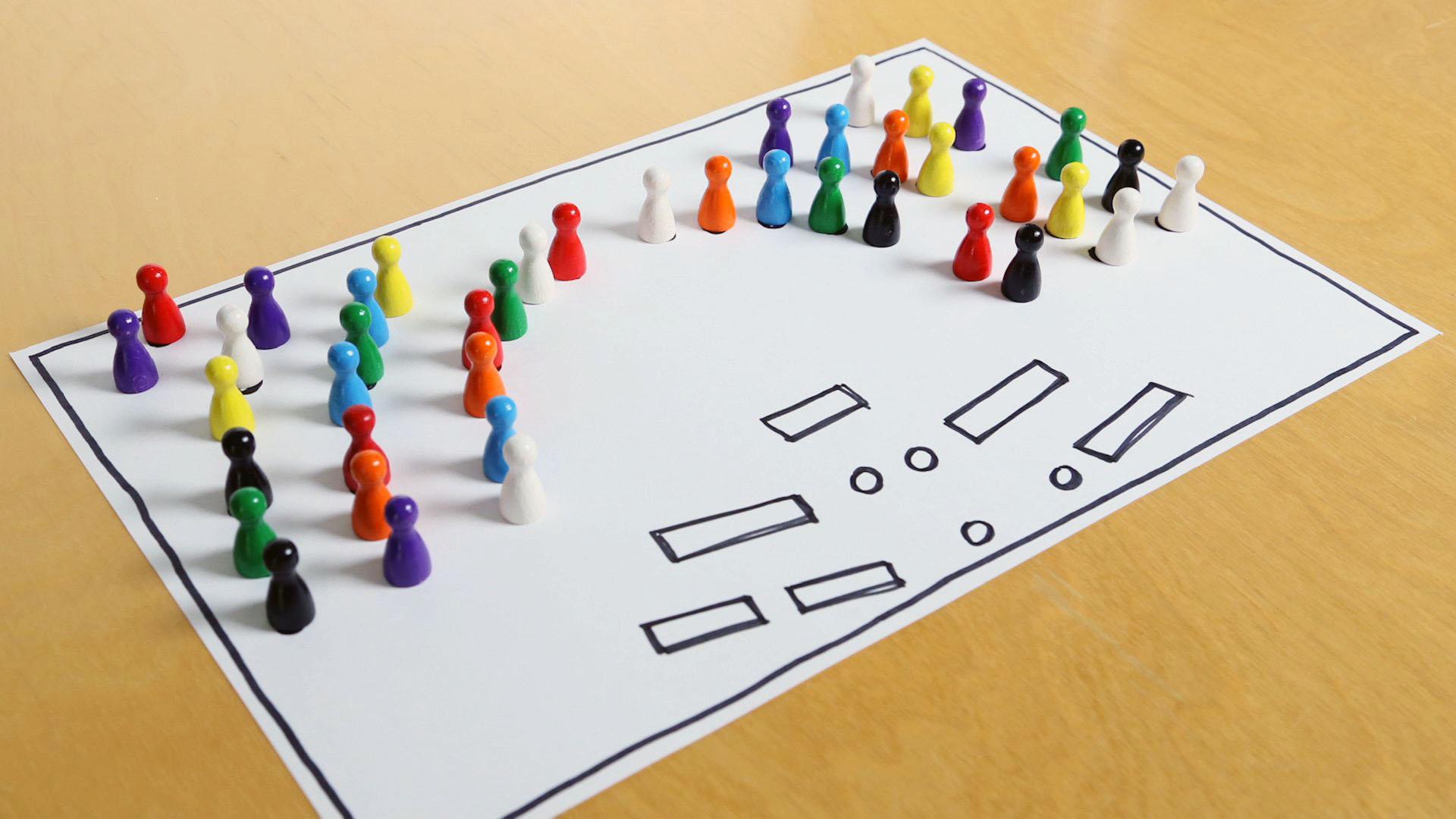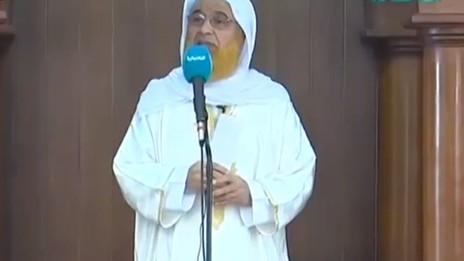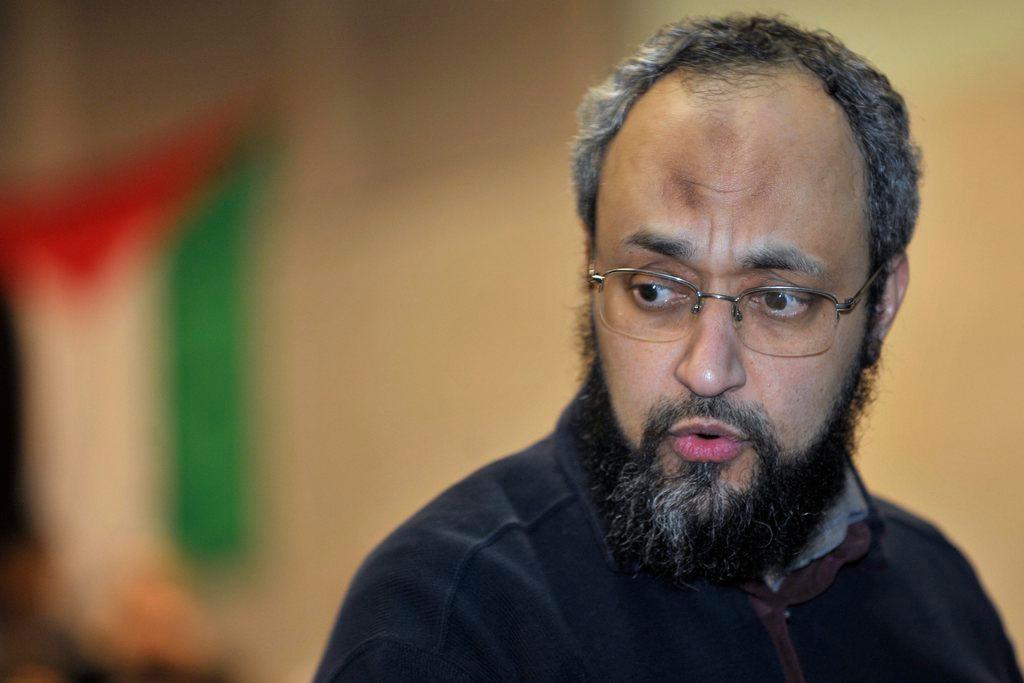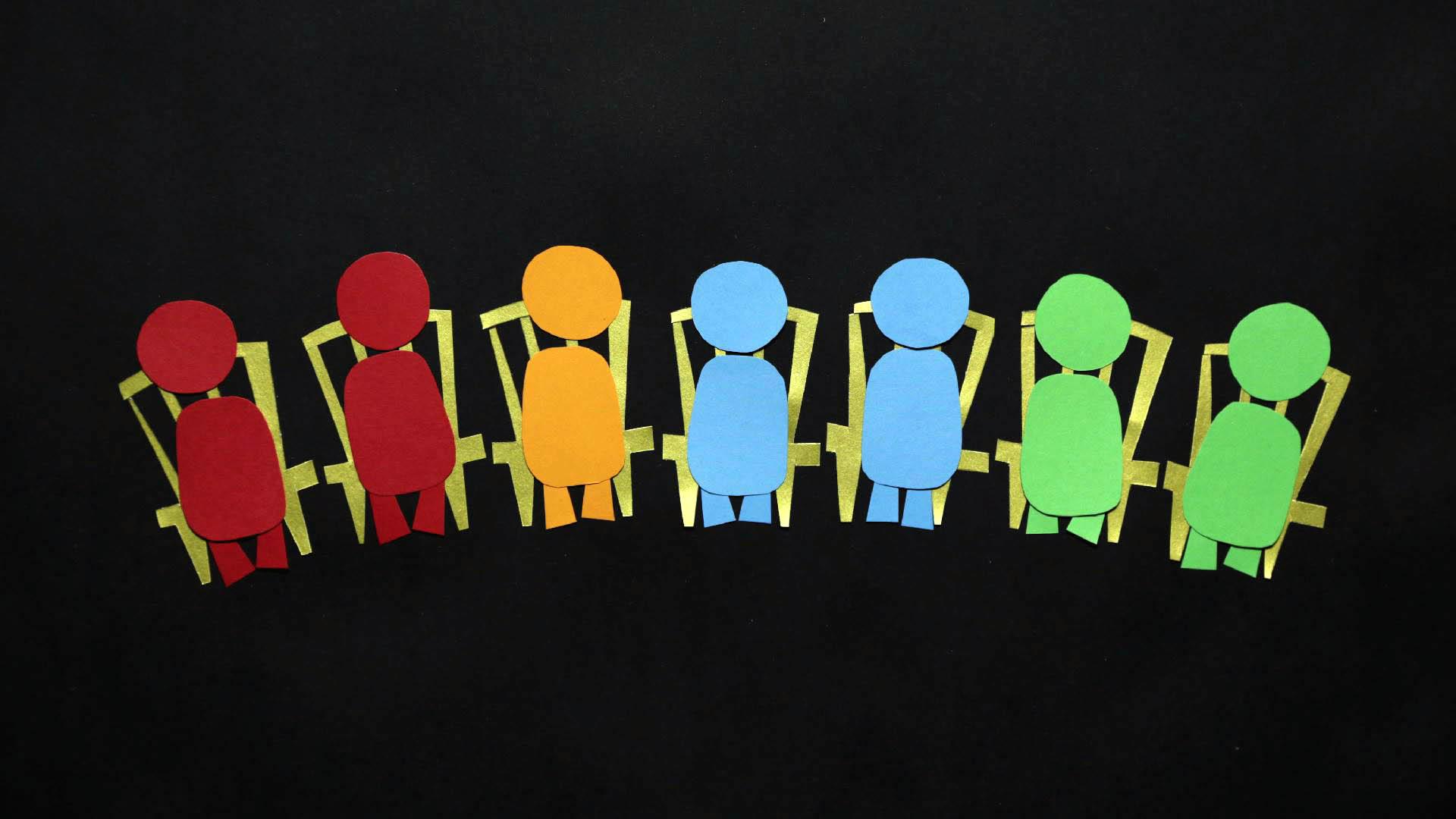How politicians would deal with Islamic fundamentalists

Switzerland’s political parties differ in their approaches to coping with Islamic fundamentalism. Some focus on anti-terror, others on integration.
The four largest political parties suggest the following measures for thwarting terrorism and fostering better integration of the Muslim community.
The conservative right Swiss People’s PartyExternal link wants to protect the country mainly by exclusion – especially deportation. The People’s Party is not in favour of integration efforts or public recognition of the Muslim religious community. It has compiled a list of 20 points on how to counter radical Islam. For example, it demands that imams be placed under surveillance and only preach in one of the Swiss national languages. The army and prisons should stop offering pastoral care via imams.
The People’s Party also calls for a ban on mosques and Islamic institutions that spread radical Islam. In addition, financial support for Islam from abroad should be blocked and jihad returnees should be jailed. Anyone who fails to comply with the Swiss legal system should be deported.
The leftwing Social DemocratsExternal link focus on integration, recognition and prevention. They welcome the initiatives in cantons Basel-City, Neuchâtel, Vaud and Zurich to recognize Muslims as a religious community under public law. Party President Christian Levrat calls for Islam to be recognized as an official religion in Switzerland.
Imams should be well acquainted with the local lifestyle as well as the Swiss legal system, and they should be fluent in the local language spoken where they live. The Muslim faith community should also be held accountable. For example, Muslim groups should be organized democratically and transparently, and they should promote modern Islam and human rights. In return, they would have the right to collect taxes and give official religious instruction.
The centrist Christian DemocratsExternal link refer to their resolution of 2014, which calls for five measures against jihadists and the dissemination of radical ideas, as well as for preventive measures, for example, to better monitor the activities of violent extremist groups in social networks. According to the Christian Democrats, Switzerland needs better state controls of imams as well as good cooperation between the authorities and Muslim umbrella organizations. The party is also working on papers on terrorism and “rule of law and fundamentalism”.
The centre-right RadicalsExternal link would handle Islam extremism within the framework of Switzerland’s security policy. They call for strict standards in terms of punishments for terrorist activities, expressly including accomplices of any kind. The intelligence service must be strengthened in the fight against terrorism through sufficient human and material resources. The same applies to border patrols so that people with potentially terrorist intentions cannot enter Switzerland. The Radical Party also demands better supervision of religious communities.
Swiss political parties
The centre-right Radical Party is traditionally perceived as close to the business community. It is the party of the founding fathers of modern-day Switzerland, dating back to 1848, and it merged with the Liberals in 2009. Today, it is the third largest group in the 200-seat House of Representatives (33 seats) behind the Swiss People’s Party and the Social Democratic Party, and the first party in the 46-seat Senate alongside the Christian Democratic Party (13 seats each).
The centre-right Christian Democratic Party was traditionally a conservative Catholic party but has moved to the centre of the political spectrum. Despite a loss of voters in recent years, it has succeeded in maintaining its strength in parliament. The Christian Democrats are the biggest group in the Senate, alongside the Radical Party (13 seats each). It has 30 House seats.
The centre-left Social Democratic Party has lost ground in recent years but is still the second-largest group in the House of Representatives (43 seats) and the third biggest in the Senate (12 seats) . It is made up mainly of representatives from French-speaking Switzerland and of the trade unions.
The most defining change in the political landscape has been the rise of the conservative right Swiss People’s Party. During the 1990s, the People’s Party opposed Switzerland opening up to international organizations like the United Nations and the European Union. Now it is the strongest political party in Switzerland, with 68 seats in the House. However, it has just six Senate seats.

More
How parliamentary elections work in Switzerland
Translated from German by Susan Misicka

In compliance with the JTI standards
More: SWI swissinfo.ch certified by the Journalism Trust Initiative













You can find an overview of ongoing debates with our journalists here . Please join us!
If you want to start a conversation about a topic raised in this article or want to report factual errors, email us at english@swissinfo.ch.